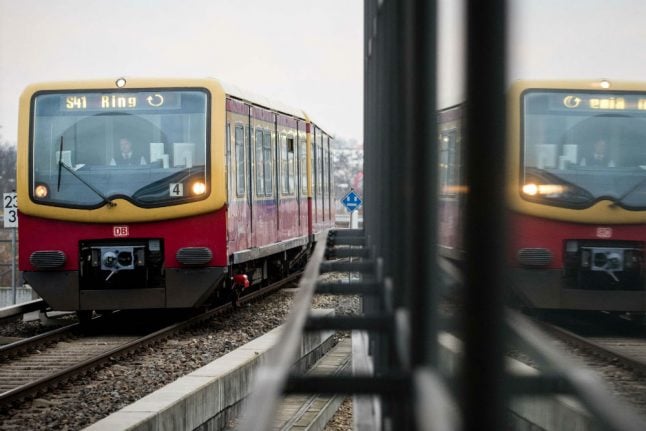A violent clash took place on Sunday between a couple and other travellers on an S-Bahn train at around 11:30am, according to the federal police report.
The clash occurred after a 36-year-old woman was reportedly on her knees pleasuring her 38-year-old partner on the S5 train between Jannowitzbrücke and Ostbahnhof stations.
Children were among the train travellers to witness the act.
An 18-year-old female approached the couple and asked them to stop, after which there was a verbal argument and the 36-year-old woman insulted the 18-year-old and slapped her in the face.
The woman then attacked the victim’s companion, a young man, by punching him in the face.
After the 38-year-old male partner proceeded to attack the young woman’s companion, another passenger held him down.
SEE ALSO: Police arrive at Munich U-Bahn after sex pair shock commuters
That’s when another traveller pulled the emergency brake and the train came to a stop upon entering Berlin’s Ostbahnhof station.
The two victims suffered from light injuries, including bruises and scratches.
As for the sex pair who had initially fled the platform, shortly afterward federal police officers arrested the 36-year-old and her partner later gave himself in to the police.
Investigations were initiated against the couple for public nuisance and assault.
But they were released after all necessary police measures had been completed, the police report states.




 Please whitelist us to continue reading.
Please whitelist us to continue reading.
Member comments